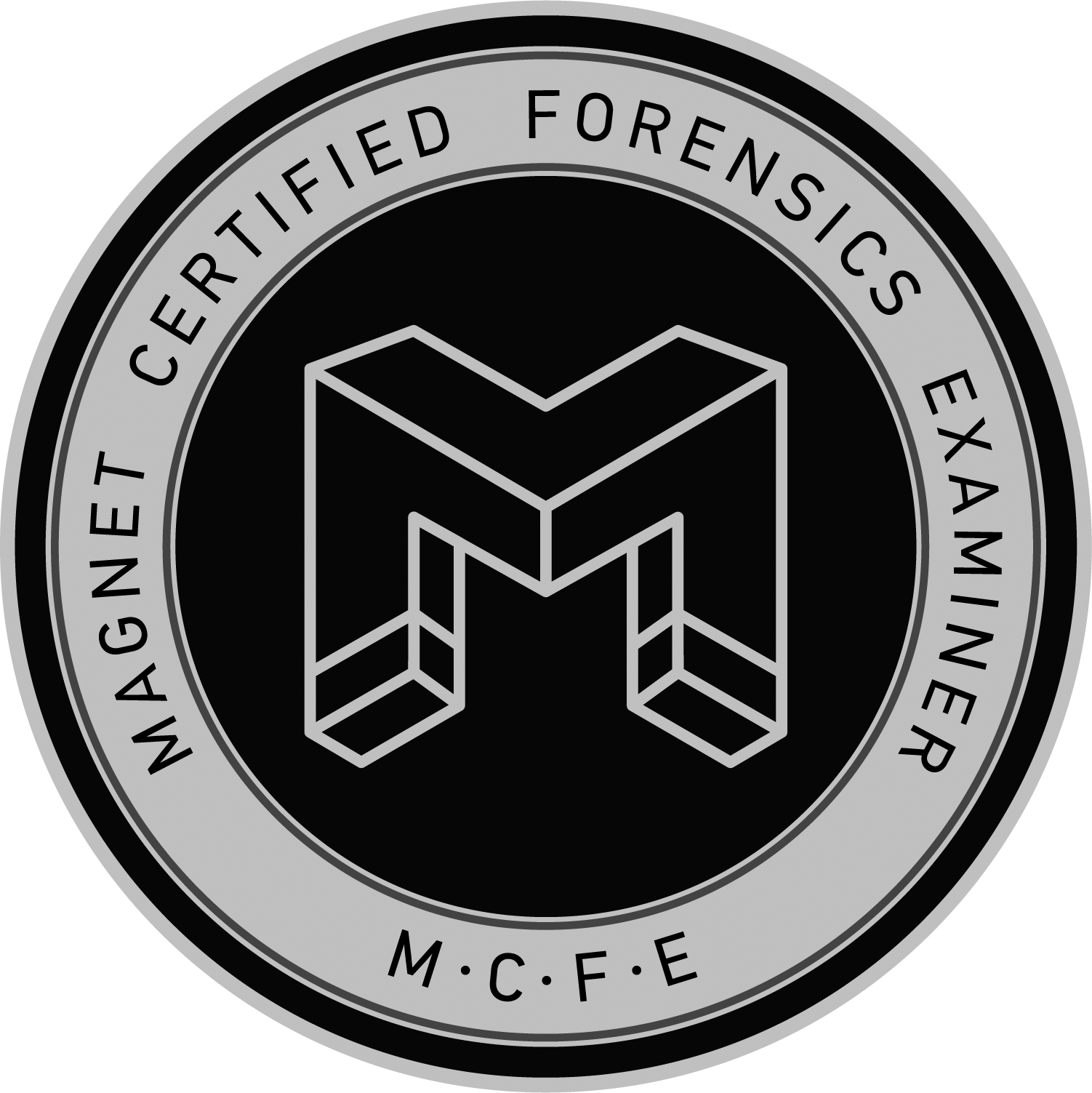ENGADGET: Toshiba Wipe deletes your encrypted data so you don't have to
By Joseph L. Flatley
Toshiba announced a new self-encrypting disk technology today, which is sure to be welcome news to the those of you who work with sensitive data, wish to keep your extensive True Blood fanfiction collection under wraps, or are just plain paranoid. The imaginatively named Wipe ships with the company's TCG-spec'd Self-Encrypting Drive models, allowing sysadmins to securely erase user data when a machine powers down, when an encrypted HDD is removed from the system, or when a leased machine is returned to its owner. And this ain't just for PCs -- the system is also designed to work with your copier and / or printer system. Interested? Of course you are!
Check out the complete PR:
http://www.engadget.com/2010/08/10/toshiba-wipe-deletes-your-encrypted-data-so-you-dont-have-to/
 DME Resources
DME Resources
